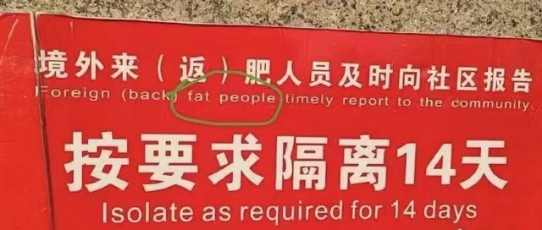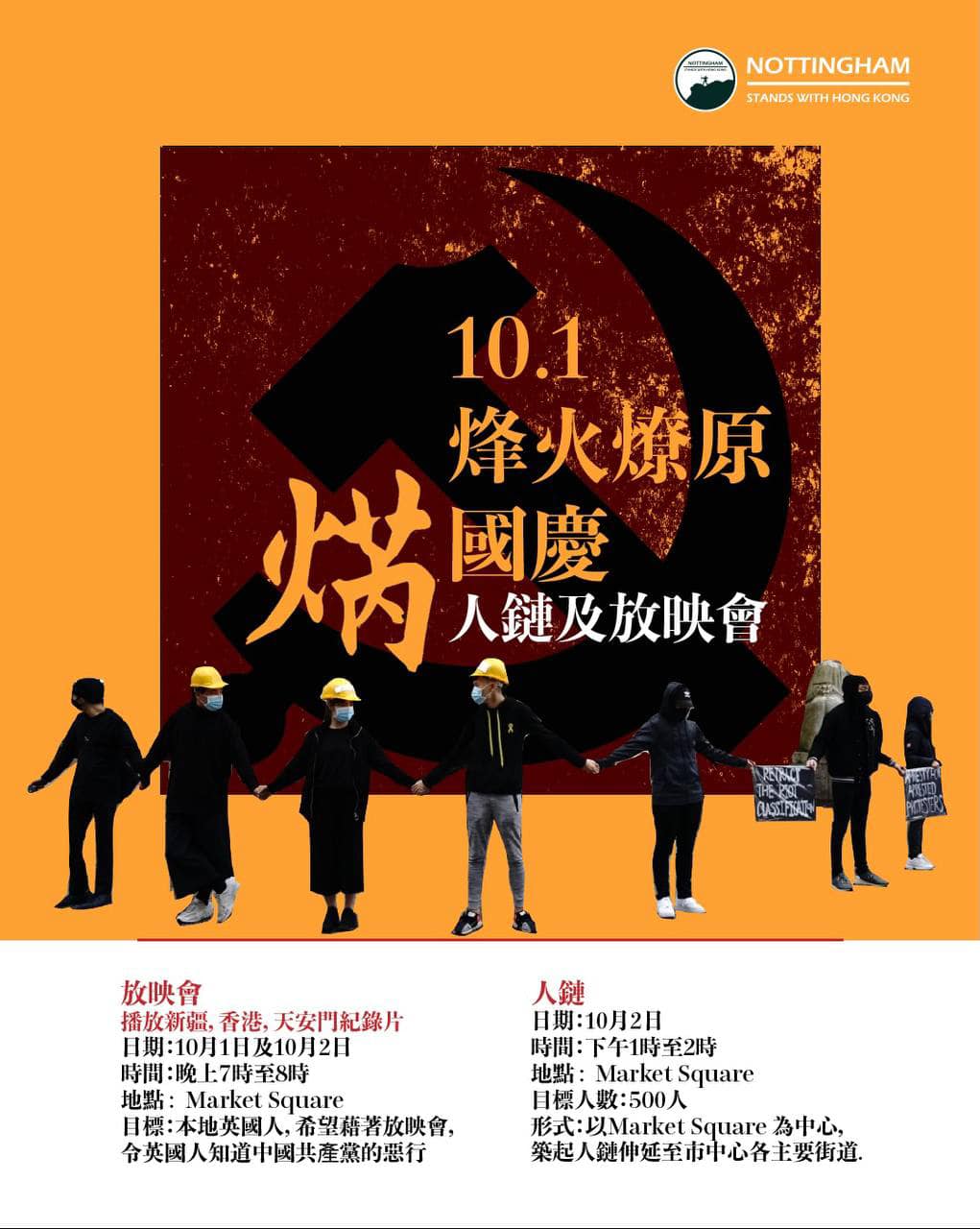Multilingual China
That's the title of a new book from Routledge edited by Bob Adamson and Anwei Feng: Multilingual China: National, Minority and Foreign Languages (2022).
China is often touted as a nation of linguistic uniformity, when nothing could be further from the truth. This book is testimony to the astonishing variety of the languages and topolects spoken in the People's Republic of China.
Multilingual China explores the dynamics of multilingualism in one of the most multilingual countries in the world. This edited collection comprises frontline empirical research into a range of important issues that arise from the presence of 55 official ethnic minority groups, plus China’s search to modernize and strengthen the nation’s place in the world order.
Topics focus on the dynamics of national, ethnic minority and foreign languages in use, policy making and education, inside China and beyond. Micro-studies of language contact and variation are included, as are chapters dealing with multilingual media and linguistic landscapes. The book highlights tensions such as threats to the sustainability of weak languages and dialects, the role and status of foreign languages (especially English) and how Chinese can be presented as a viable regional or international language.
Multilingual China will appeal to academics and researchers working in multilingualism and multilingual education, as well as sinologists keen to examine the interplay of languages in this complex multilingual context.
Read the rest of this entry »



